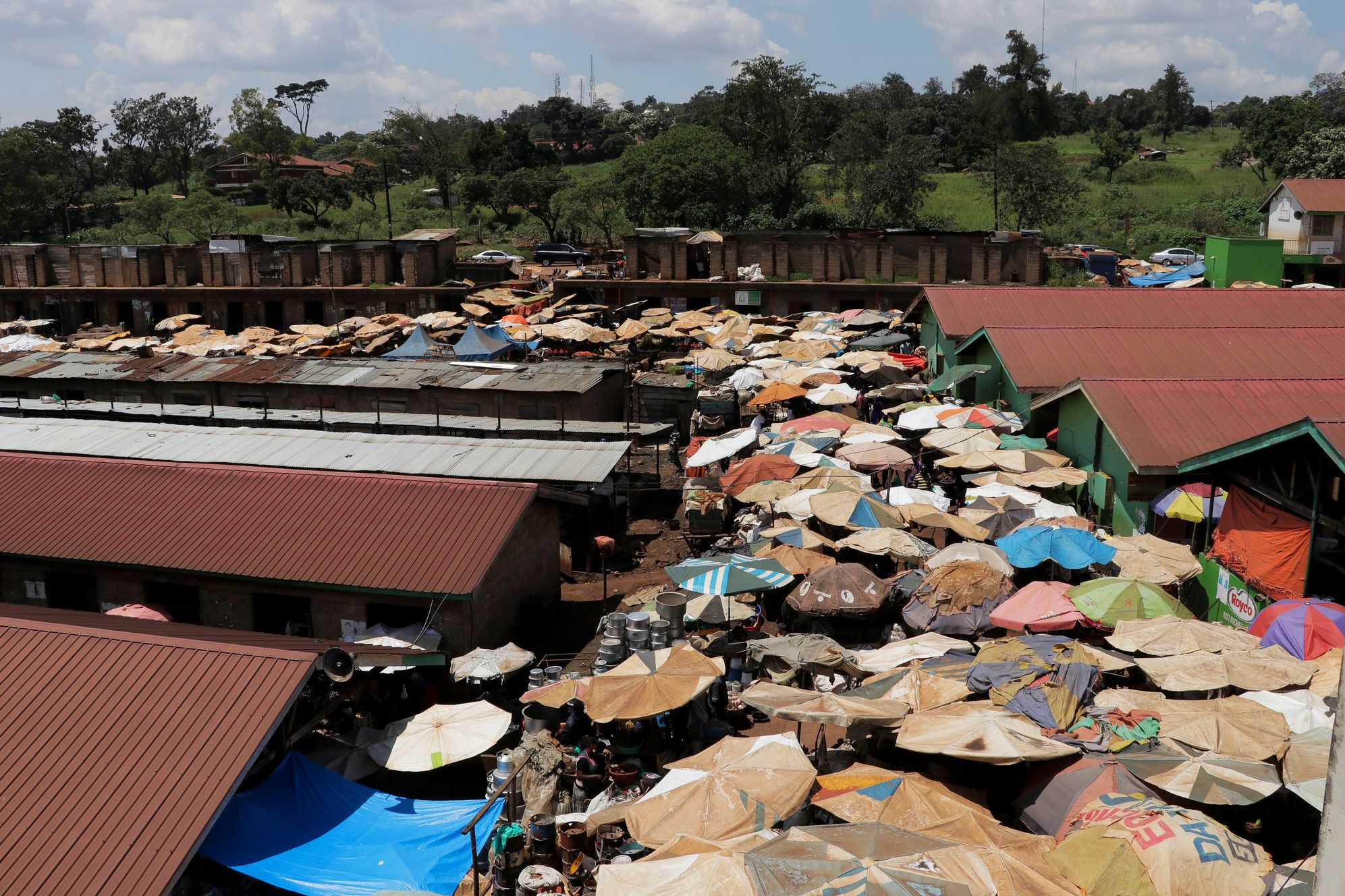CIVIL SOCIETY AND GRASSROOTS ORGANISATIONS ROUNDTABLE
World Urban Forum 10th session
Abu Dhabi, 11 February 2020
Round Table Civil Society Organisations
Addressing Informality in Cities
Joint statement
The Cities Alliance thanks UN Habitat for organising this exchange on the role of cities implementing the global agendas.
Through its work, the Cities Alliance stresses the importance of recognising the reality that most urban growth is unplanned, incremental – and informal. Most urban growth will take place not in new or smart cities, but as constant additions to existing human settlements.
Without a significant shift in the mindset of decision-makers, recognising the fact that informal settlements and the informal economy are an integral part of the city, many global, national and local development goals quite simply cannot be met.
Against this reality, Cities Alliance members welcomed the direct challenge from one of our leading members - United Cities and Local Governments (UCLG) – to initiate a structured dialogue on this reality, for presentation to UCLG’s World Summit in Durban in November 2019.
With support from the Secretariat, the AVSI Foundation, Habitat for Humanity International (HFHI), Slum/Shack Dwellers International (SDI) and Women in Informal Employment: Globalizing & Organizing (WIEGO), crafted a joint policy paper on Addressing Informality in Cities.
The policy recommendations included six calls for action, for the attention of policy makers at city and national level:
The policy recommendations included six calls for action, for the attention of policy makers at city and national level:
1. Recognize the residents of informal areas as full and equal citizens, deserving of the same dignity, respect and opportunities afforded to all citizens in cities.
2. Include all informal areas in city planning processes and generate the data necessary to ensure effective planning.
3. Strengthen the capacity of local and regional institutions, to give effect to citywide planning.
4. Ensure that all citizens have a meaningful say in matters that affect them, and to ensure that all parties recognise their rights and fulfil their responsibilities.
5. Ensure that all residents have access to land for housing, settlement and other forms of property, with secure tenure and access to essential services.
6. Ensure that informal workers have access to public services and public spaces.
With these recommendations, we would like to invite you to:
1. Raise awareness on the need for improved policies and systems to help people access property and land for settlement, municipal infrastructure and secure livelihood opportunities;
2. Champion the creation and institutionalization of city platforms to allow dialogues between public authorities, the private sectors, civic organisations and democratic associations that represent the urban poor.
3. Champion increased capacity of the regional and local governments, to allow them to perform their functions in city governance, policy formulation and planning.
4. Advocate for the establishment of data collection platforms for informal settlements and the informal economy.
This joint statement of commitment is a step forward towards the realization of these endeavours.






